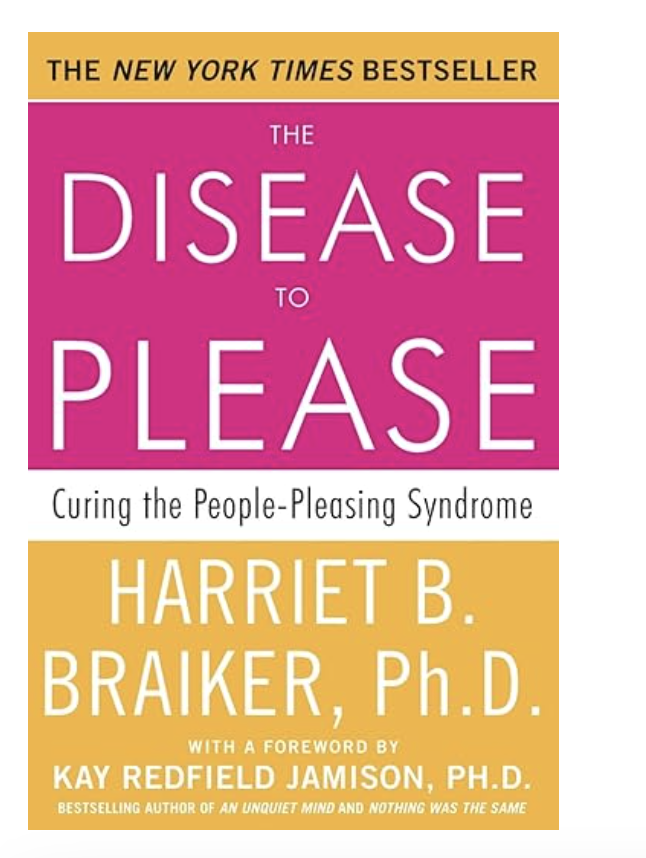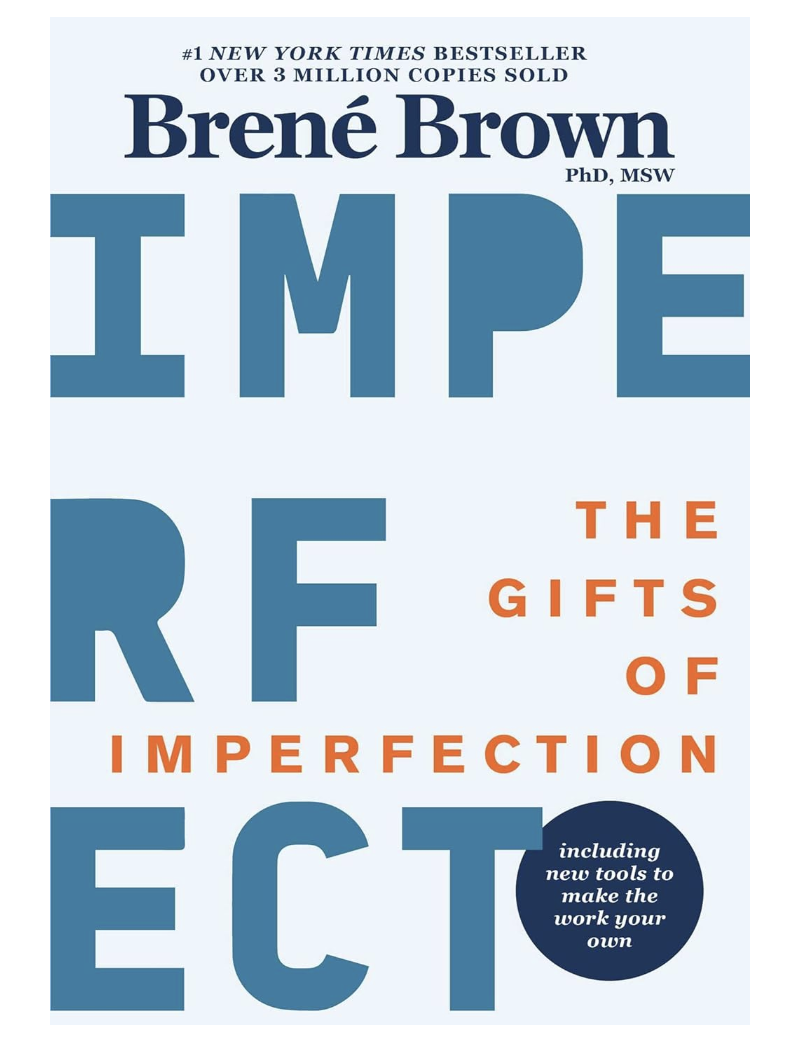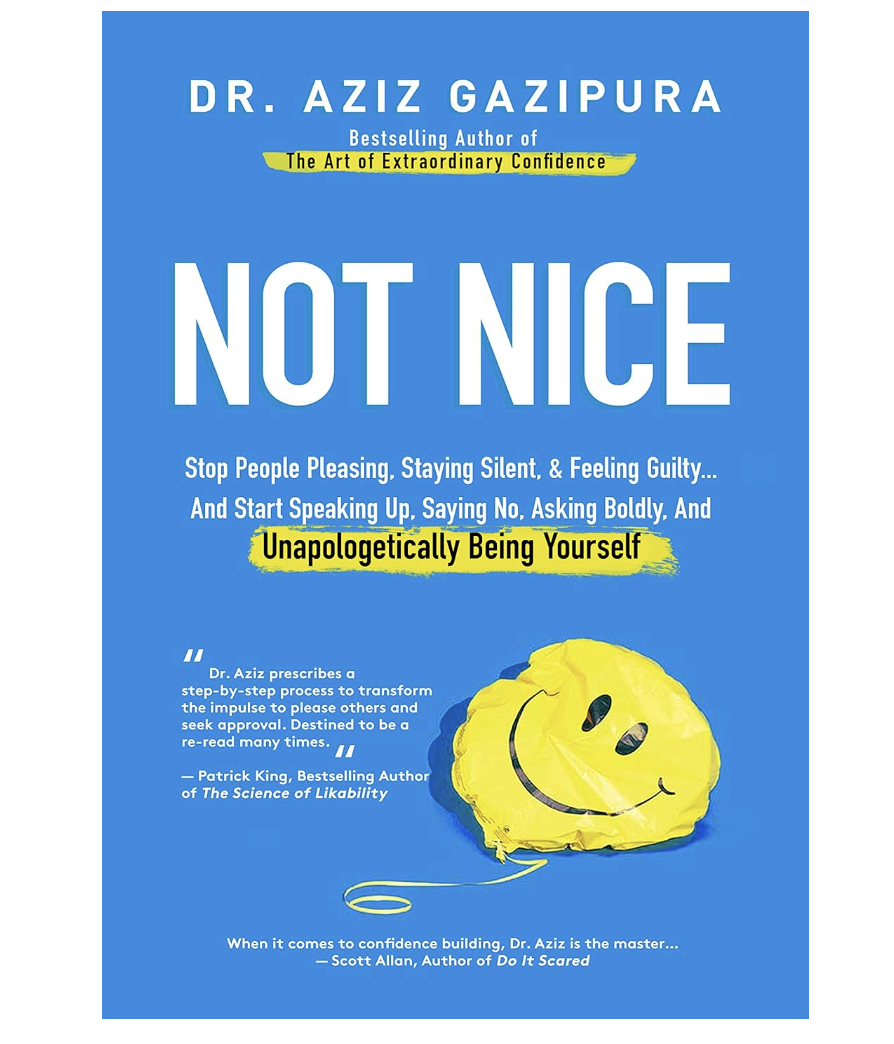
Getting nervous about spending the holidays around too many people? Not to worry, this post was written to help support you in being more confident and drop the tendency to go into people pleasing mode this season.
For many women, the urge to please others can run deep, often tied to a desire to be seen as loving, kind, and considerate. While these are beautiful qualities, they can sometimes blur the lines between being genuinely caring and losing oneself in the needs of others.
Letting go of people-pleasing doesn’t mean sacrificing your femininity or warmth; rather, it’s about redefining it in a way that allows you to flourish authentically.

Here’s how to embrace a more intentional, balanced approach that nurtures both yourself and those around you:
1. Understand the Roots of People-Pleasing
The first step in breaking free from people-pleasing is understanding why you do it. Often, people-pleasing can stem from childhood experiences, societal expectations, or simply the habit of prioritizing others' needs. Reflect on moments when you felt the need to make others happy, and ask yourself: What was I hoping to gain? Maybe it was validation, love, or acceptance. Becoming aware of these motivations allows you to reclaim control and shift towards healthier ways of meeting these needs.
2. Embrace Boundaries as a Form of Self-Respect
Setting boundaries is one of the most powerful acts of self-love and self-respect. It’s also essential for maintaining healthy, balanced relationships. Start with small boundaries that feel manageable, like not answering work emails after a certain time or saying no to requests that don’t align with your priorities.
Remember, boundaries are not barriers to love; they are frameworks that protect it. When others know what to expect, relationships become more honest and fulfilling, and your generosity becomes a true choice rather than an obligation.
3. Redefine What It Means to Be “Loving”
Being loving doesn’t require self-sacrifice. In fact, it’s often quite the opposite. When you show up authentically, without the need to overextend yourself, you create an environment where people feel comfortable doing the same. True love and care stem from a place of fullness within you, so prioritize filling your own cup first.
A good question to ask yourself before doing something for someone is: Am I doing this out of genuine care, or am I trying to avoid discomfort, disapproval, or rejection? If it’s the latter, that may be a sign that it’s time to choose yourself.
4. Develop a Stronger Sense of Self
People-pleasing often goes hand-in-hand with low self-worth or a lack of clarity about personal values. Cultivating a strong sense of self can help you distinguish between what’s truly important to you and what’s merely driven by external expectations. Spend time journaling, meditating, or exploring creative hobbies to reconnect with yourself and your needs.
When you know who you are and what you want, you can love others from a more centered, balanced place. This makes it easier to stay true to yourself without feeling pressured to conform.
5. Communicate from a Place of Authenticity
Intentional communication is key to transforming people-pleasing tendencies. It’s entirely possible to speak your truth while being warm and respectful. Practice using “I” statements, such as “I feel,” “I need,” or “I prefer,” to express your desires or boundaries. For example, instead of saying, “I’m sorry, I can’t help with that,” try, “I appreciate you asking, but I need to focus on my priorities right now.”
When you communicate openly, people around you will start respecting your boundaries and understanding your needs, all while feeling the sincerity in your approach.
6. Celebrate the Power of Femininity Without Self-Sacrifice
Femininity encompasses qualities like empathy, gentleness, and emotional intelligence—qualities that are powerful in their own right. Rather than tying your femininity to people-pleasing, consider how these attributes can strengthen your ability to assert boundaries and honor yourself. Think of femininity as a soft but resilient power, one that enables you to be present with others while standing in your truth.
Related reading: 25 things to do to help you reconnect with your femininity
7. Practice Saying “No” With Grace
Learning to say “no” is one of the most challenging yet empowering steps in overcoming people-pleasing. Start small, using phrases that feel comfortable but assertive. Try responses like, “I’d love to help, but I need to focus on my responsibilities right now” or “Thank you for thinking of me, but I won’t be able to participate.”
Over time, you’ll feel more comfortable asserting your “no” with kindness and clarity. Saying no isn’t an act of rejection; it’s an affirmation of your own values and boundaries.
8. Surround Yourself with Supportive People
Your growth journey can be made easier when surrounded by those who respect and support your choices. Seek out friendships and relationships where honesty and self-expression are encouraged. When you surround yourself with people who celebrate your authenticity, you’ll feel less pressured to compromise it for the sake of approval.
Embracing Your Authentic, Loving Self
Letting go of people-pleasing is a journey that takes patience, but every step leads you closer to a more intentional, fulfilled version of yourself. Remember, you can still be a loving, feminine woman while prioritizing your needs and boundaries. As you release the need to please everyone, you’ll find that the love and energy you share with others comes from a place of fullness, resilience, and authentic warmth—qualities that make you truly magnetic and free.
5 of the best books on breaking the habit of people pleasing

1. "The Disease to Please: Curing the People-Pleasing Syndrome" by Dr. Harriet B. Braiker
Summary: This classic addresses the psychological roots of people-pleasing and offers actionable strategies to overcome it. Dr. Braiker guides readers through recognizing the internal beliefs that drive people-pleasing and provides exercises to practice assertiveness.
Why It’s Helpful: The book uses real-life examples and practical exercises, making it both insightful and actionable for breaking free from people-pleasing habits.

2. "Set Boundaries, Find Peace: A Guide to Reclaiming Yourself" by Nedra Glover Tawwab
Summary: Tawwab, a licensed therapist, offers a guide to setting healthy boundaries without feeling guilt. This book tackles the fears that often keep people-pleasers from saying “no” and emphasizes that boundaries are essential for meaningful, balanced relationships.
Why It’s Helpful: With a focus on practical solutions, Tawwab’s advice is straightforward and compassionate, perfect for readers looking to embrace boundaries while remaining kind and empathetic.

3. "Radical Acceptance: Embracing Your Life With the Heart of a Buddha" by Tara Brach
Summary: While not solely about people-pleasing, "Radical Acceptance" dives into the root causes of self-doubt and insecurity, exploring how mindfulness and compassion can help us let go of the need for approval.
Why It’s Helpful: Brach’s gentle approach to self-acceptance helps people-pleasers develop inner peace and confidence, laying a foundation for authentic interactions and emotional freedom.

4. "The Gifts of Imperfection: Let Go of Who You Think You’re Supposed to Be and Embrace Who You Are" by Brené Brown
Summary: Brown explores the ways in which our fear of imperfection fuels people-pleasing tendencies and keeps us from living wholeheartedly. Through research-backed insights, she empowers readers to embrace vulnerability and authenticity.
Why It’s Helpful: This book encourages people-pleasers to let go of perfectionism and societal expectations, embracing a more grounded and self-compassionate way of living.

5. "Not Nice: Stop People-Pleasing, Staying Silent, & Feeling Guilty...And Start Speaking Up, Saying No, Asking Boldly, and Unapologetically Being Yourself" by Dr. Aziz Gazipura
Summary: Dr. Gazipura’s book dives into why we fear being seen as “not nice” and how to stop letting that fear control our choices. With actionable exercises, it helps readers find their voice and develop assertiveness without sacrificing kindness.
Why It’s Helpful: This book provides a clear roadmap to assertiveness while recognizing that kindness and authenticity can go hand-in-hand.




















